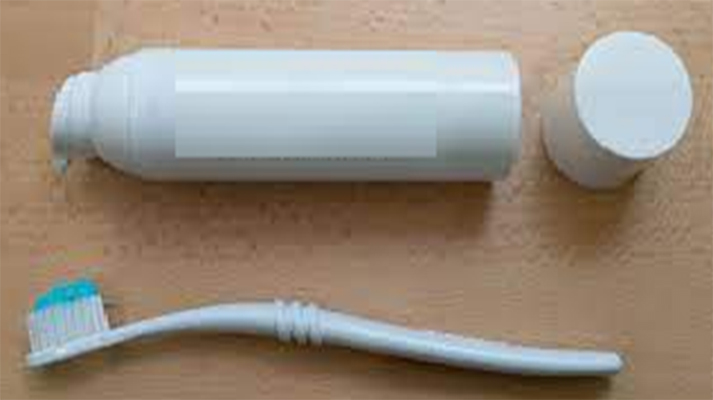
Currently, there is no cure for food allergies. The standard of care allergy is avoidance of only foods appropriately diagnosed. Dietary avoidance is hard to achieve and accidental exposure to food allergens is common.
January 2020 The U.S. Food and Drug Administration (FDA) approved the peanut oral immunotherapy product for patients aged 4 to 17 years with peanut allergy. But this approved medical treatment option requires extensive time and preparation to administer and is associated with systemic side effects, such as gastrointestinal symptoms and anaphylaxis.
A biotechnology company has developed an experimental treatment using oral mucosal immunotherapy (OMIT) in the form of a fully functional toothpaste. Oral mucosal immunotherapy works by leveraging Langerhans cells in the oral cavity to reeducate the immune system and raise the threshold that may trigger an allergic reaction resulting in relief of persistent anxiety toward accidental ingestion of the peanuts.
The initial product contains stabilized peanut allergenic proteins within a metered-dose dispenser. Patients use it just like they would normal toothpaste - brushing once daily (before bed) for at least two minutes and rinsing thoroughly. The initial product has completed its Phase 1 clinical trial.
The Phase 1 clinical trial included 32 adults, age 18-55, with a positive skin prick test with a wheal of at least 3 mm, or with a peanut specific IgE greater than 0.35 kU/L. Also, patients failed an oral food challenge of less than 100 mg of peanut protein at screening. Of the 32 participants, eight used a toothpaste with a placebo while 24 used the toothpaste infused with peanut protein. During this 48-week trial, safety was monitored during the up-dosing and maintenance phases.
The results were that all of those being treated with the toothpaste were able to tolerate the treatment at the highest dose. There were no moderate or severe systemic reactions, and non-systemic reactions were mostly local (oral itching), mild and transient. Also, patients assigned the treatment used toothpaste for 97% of the days.
All Phase 1 results concluded that OMIT as being a safe, effective, and convenient therapy for adults who suffer from peanut allergy. The trail results were presented by William Berger, head of clinical development at the biotechnology company, at the annual meeting of the American College of Allergy, Asthma, and Immunology on November9, 2023.
Therefore, this study confirmed that oral mucosa immunotherapeutic toothpaste has many benefits, including:
- It is easily provided by a custom-formulated toothpaste at home.
- Convenience patients don't have to go through years of allergy shots or sublingual immunotherapy.
- Avoid needles and syringes.
- Higher compliance rate because patients simply brush their teeth and get all their allergy treatments from home.
- Reduce the risk of systemic side effects.
Based on the Phase 1 results and by 2024, researchers plan to start a larger Phase 2 clinical trial focused on investigating the safety and effectiveness of this product for treating peanut allergy in about 80 children.
